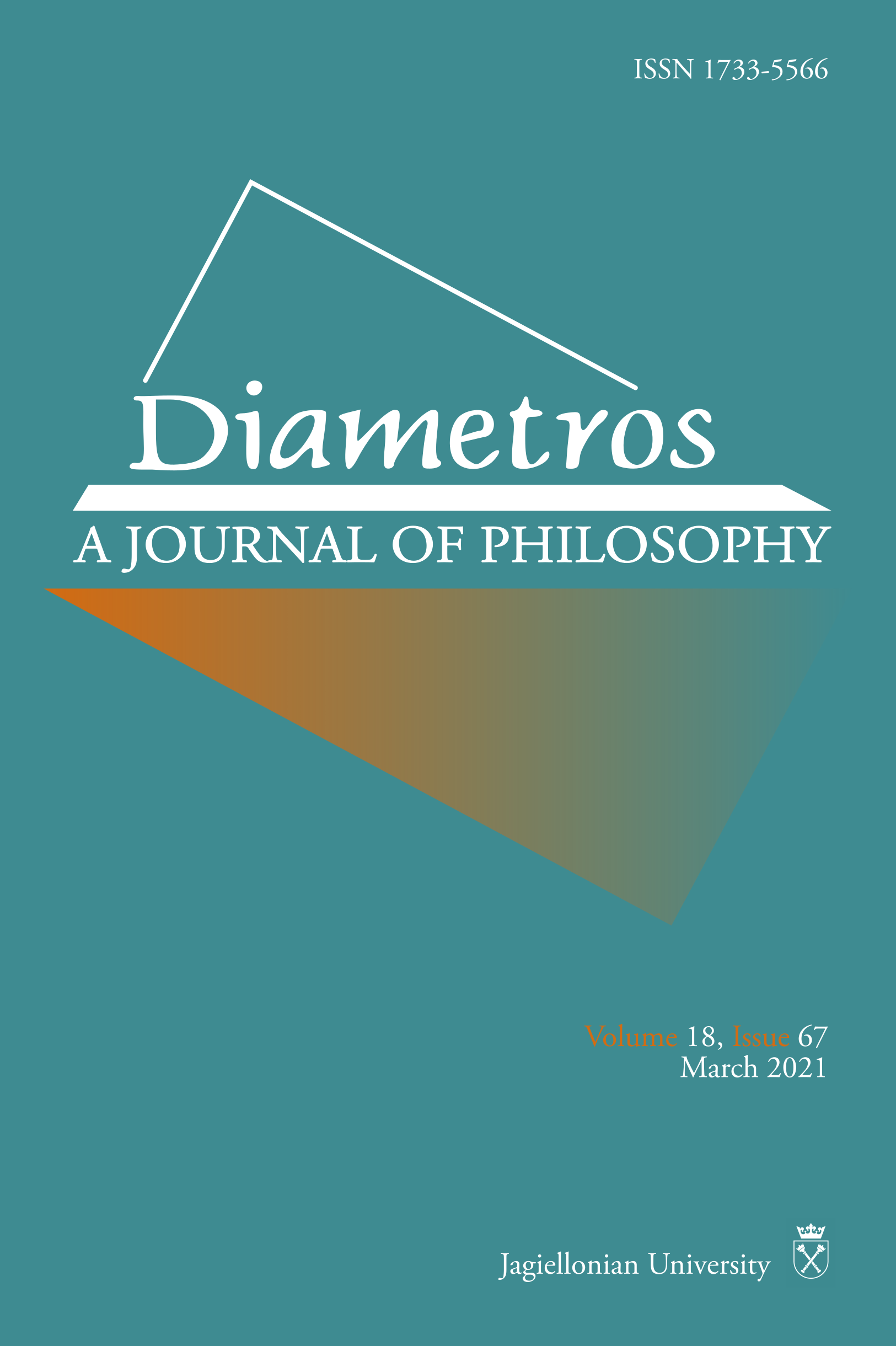Sartre and Merleau-Ponty’s Theories of Perception as Cognition in the Context of Phenomenological Thought in Cognitive Sciences
Sartre and Merleau-Ponty’s Theories of Perception as Cognition in the Context of Phenomenological Thought in Cognitive Sciences
Author(s): Marta Agata ChojnackaSubject(s): History of Philosophy, Philosophical Traditions
Published by: Instytut Filozofii Uniwersytetu Jagiellońskiego
Keywords: cognition; consciousness; enactivism; perception phenomenology
Summary/Abstract: Husserl’s phenomenology was particularly influential for a number of French philosophers and their theories. Two of the most prominent French thinkers, Jean-Paul Sartre and Maurice Merleau-Ponty, turned to the instruments offered by phenomenology in their attempts to understand the notions of the body, consciousness, imagination, human being, world and many others. Both philosophers also provided their definitions of perception, but they understood this notion in very different ways. The paper describes selected aspects of Husserl’s phenomenology that were adopted by Sartre and Merleau-Ponty and depicts the presumptions of their respective theories of perception, as well as the differences between them. The main thesis presented here is that theories as different as those proposed by Sartre and Merleau-Ponty may, and indeed do, lead to the same conclusion, i.e. that perception represents a different form of cognition. Despite the differences between these theories, they can both be placed in the contemporary context of phenomenological research carried out by cognitive philosophers Dan Zahavi and Shaun Gallagher, as well as by the proponent of the enactive theory of perception, Alva Noë.
Journal: Diametros
- Issue Year: 18/2021
- Issue No: 67
- Page Range: 21-37
- Page Count: 17
- Language: English

